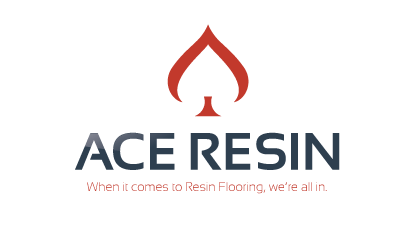Resin Bound Driveways vs Block Paved Driveways
It is no secret that consumers are getting tired of the dull driveways and instead turning to sophisticated and appealing looks.
Thinking of getting a new driveway laid? We have put together the article below to help illustrate some of the pros and cons of Resin Driveways vs Block Paving.
Whilst most block paving driveways look fine when they are first laid, it should be remembered that this modular block paving is only pigmented blocks of concrete that will fade and lose their original aesthetics over a relatively short period of time.
Additionally, through being bedded on a simple layer of sharp sand, block paving is extremely prone to settlement and displacement with hollows and ridges becoming an all too common feature. Whilst having no natural resistance to staining, the biggest problem with block paving, by far, is the inevitable weed growth in the surface joints where homeowners are forever trying to remove this unsightly and unavoidable problem.
With regard to cost, block paving prices can vary dramatically, even for the same product, whereas resin bound driveways are more consistent and generally cheaper than a block paving alternative where there is a suitable solid substrate to work with.
Block Paved Driveways
- Short term aesthetics
- Prone to displacement
- No resistance to staining
- Constant weeding issue
Resin Driveways
- Long term natural stone beauty
- Adhered to solid permanent substrate
- Stain resistant
- No weeds
Resin-bound driveways are becoming more and more popular across Essex and the UK, as homeowners can get the resin bound gravel installed in the colours and designs they want at a great price. It’s not just driveways which resin-bound surfaces can be used for – it’s also great for pool surrounds, patios, tree pits and various other areas.
Resin bound driveways require very little maintenance which means that you can have the surface installed without worrying about the costs of maintenance services and repairs. You won’t need to carry out much maintenance yourself either, since our driveways are SUDS (Sustainable Urban Drainage Systems) compliant which means water can drain straight through easily.
Still undecided? Check out our gallery. For more information and how we can help you with your resin driveway in Essex or anywhere in the UK, please don’t hesitate to Get in Touch by completing the form below or call us on 0207 856 0295 email us at [email protected].
Frequently Asked Questions
What’s the difference between a resin bound driveway and a resin bonded driveway?
Resin Bound
Resin bound is an eco-friendly, highly porous paving solution for ground surfacing. It is a choice of decorative aggregates mixed with specialist resins then hand trowelled to give a flat smooth surface suitable for driveways, paths and patios.
Resin Bonded
Resin bond is laid in a different manner to resin bound materials. It involves applying a layer of resin to the existing surface, which aggregates are then scattered in to the top of. This gives a non-porous surface, which has a coarser finish and leaves a certain amount of loose stone on the final surface.
How long will a resin bound driveway last?
A resin bound driveway is a strong and durable surface, that is resistant to weather conditions. Comparable products like Tarmac or Asphalt can soften in the summer heat and freeze in cold of winter, they will also be damaged by UV light. Resin is much more stable than these alternatives performing well year round in some of the UK’s worst weather. Our driveways come with a 10 year guarantee and can last to a good standard for 25+ years.
Can I lay a resin driveway over my existing driveway?
This depends on the type and condition of your existing driveway. However, it should be laid on an appropriate sub-base of either asphalt or concrete.
Do I need planning permission for a resin driveway?
If you have an existing driveway then planning permission will not be required. For any newly installed driveways or extensions planning permission is required for surfaces such as traditional block paving, flags and tarmac.




